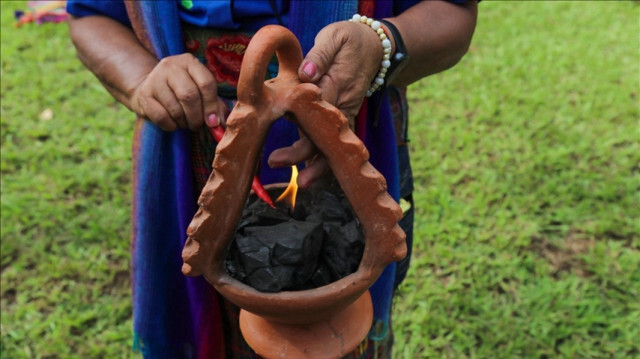
Maori and Pacific females face higher suicide risk, researchers call for targeted interventions
Researchers are urging for more public health interventions for indigenous New Zealand women after a recent study revealed that ethnicity is the most significant predictor of suicide risk involving acute alcohol use, with Maori and Pacific females at greater risk.
The study, conducted by the University of Otago, is the first in New Zealand to analyze data from the National Coronial Information System. It reviewed 4,568 suicide deaths linked to acute alcohol use among New Zealanders aged 15 and over between 2007 and 2020.
Dr. Jaimie Dikstaal, who completed the study as part of her Public Health Registrar training within the university's Department of Population Health, highlighted unexpected gender differences in the findings, with ethnicity emerging as the most distinct factor for women.
“Previous New Zealand research findings suggested Maori and Pacific peoples had an increased risk of suicide involving acute alcohol use, but surprisingly, our results show these ethnic inequities only evident in females, with no such relationship observed in males,” Dikstaal said.
The study found that compared to European females, Maori women had a 35% greater risk of suicide involving acute alcohol use, while Pacific females had a 75% higher risk. Females from other ethnic groups were found to have less than half the risk.
Dikstaal emphasized the need for further investigation into these findings and suggested that population-wide alcohol interventions may not be effective for all groups.
“We now need to examine this association in greater detail and evaluate whether population-level universal alcohol interventions are effective for all,” said Dikstaal. “This would be a valuable component of the Draft Suicide Prevention Action Plan, which is currently undergoing consultation by the Ministry of Health.”

